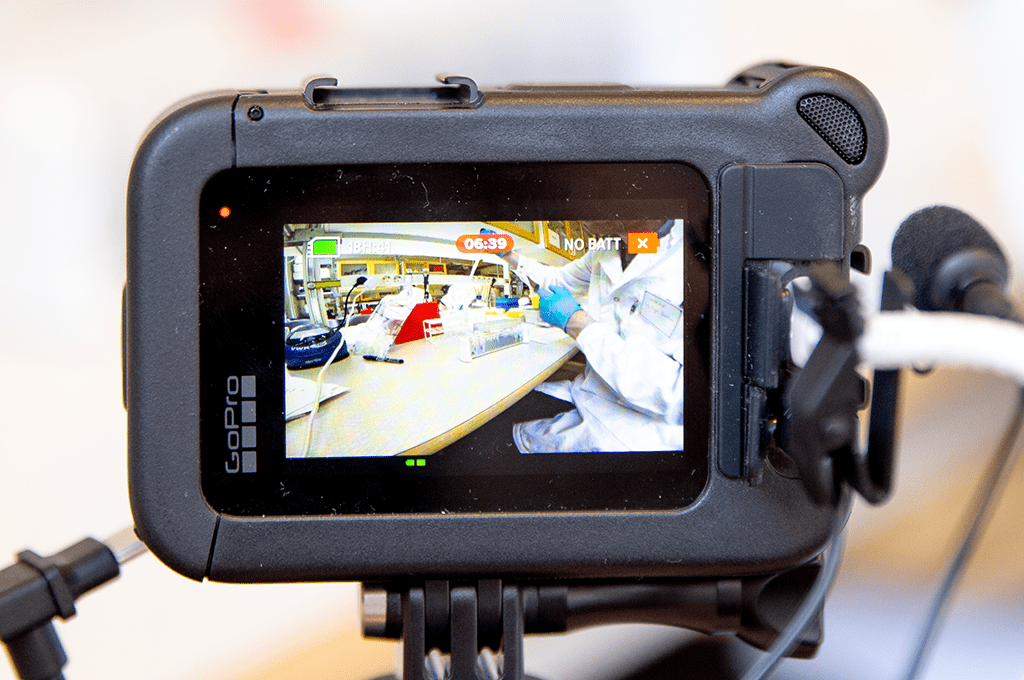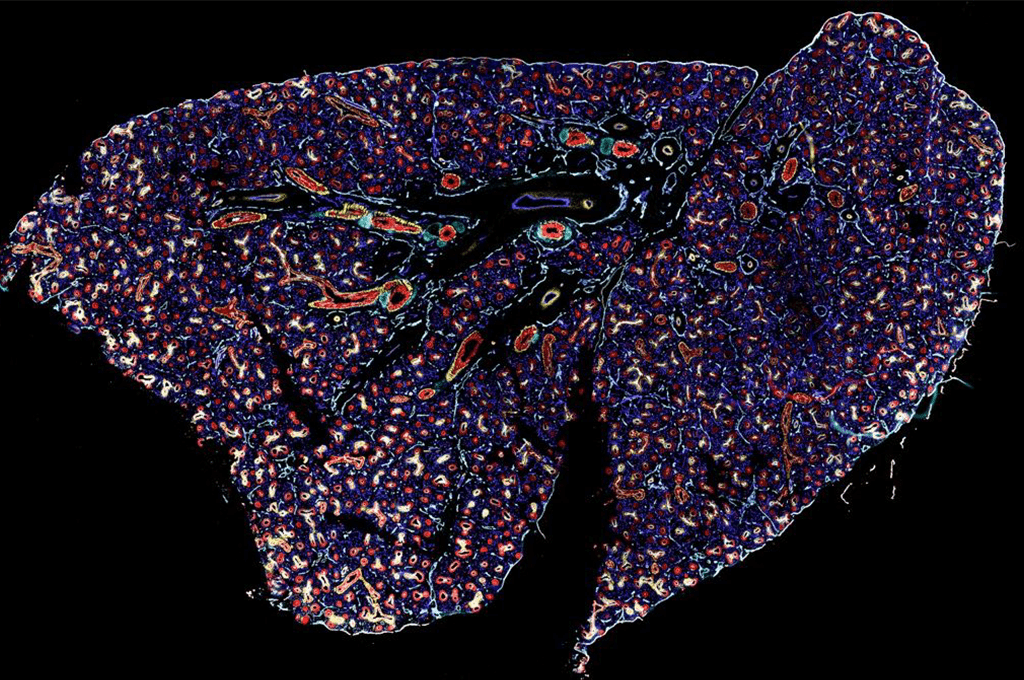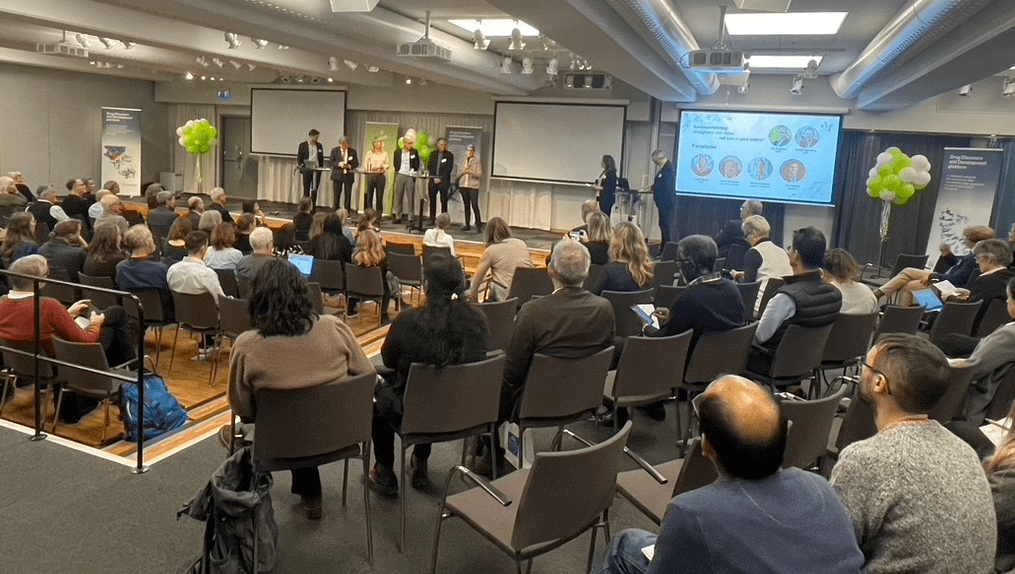Data-Driven Life Science Symposium on Environmental Monitoring of Infectious Diseases
On October 7-8, the DDLS Epidemiology and Biology of Infection research area hosted a symposium on Data-Driven Environmental Monitoring of Infectious Diseases at SciLifeLab in Uppsala. The event focused on promoting and enhancing data-driven approaches used for monitoring infectious diseases, including viruses and antibiotic-resistant bacteria, across various settings.
The symposium featured both national and international keynote speakers, who addressed topics such as global antimicrobial resistance surveillance using wastewater and the detection of airborne pathogens. Several presentations focused on environmental sampling to monitor pathogens in animals, alongside discussions on the challenges and advancements in these approaches.
Johan Bengtsson-Palme (Chalmers), DDLS Fellow, keynote speaker, and one of the event organizers, discussed the importance of large amounts of environmental data in using environmental monitoring as an early warning system.
“It’s often emphasized that environmental monitoring can be used as an early warning system for new antibiotic-resistant variants or new infectious diseases. The challenge here is that we need to anticipate what the biggest potential upcoming threats will be, so that indicators for these forms of antibiotic resistance or disease can be integrated into monitoring. To do this, we need large amounts of data from a variety of sources, as well as new methods to process and analyze that data”, he explained.
Participants attended short talks and panel discussions exploring topics such as indirect disease surveillance and its relation to upcoming EU directives. The event also provided additional opportunities for networking.
”An important function of DDLS symposia is to help build a community of data-driven scientists in each area. This meeting was a great example of that by bringing together researchers from physics to public health and environmental science to discuss a wide range of subjects from collaborations to future computational requirements for pathogen monitoring”, said Oliver Bilker (UmU), Lead of the DDLS Epidemiology and Biology of Infection Research Area, after the meeting.
“The most valuable aspect of this symposium has been the opportunity to foster networking between experts in environmental monitoring and infectious disease research. I believe the knowledge exchange and future collaborations resulting from such events not only drive great science but also help us better prepare for future health challenges, improve public health strategies, and, as Windi Muziasari, one of the presenters, said: ultimately contribute to increase global happiness,” says Anna Szekely (SLU/SEEC), one of the event organizers.





